A man writes an article that mentions rape and it’s twisted into a few different directions by a feminist. Nothing new. Because one thing a lot of men don’t seem to realize is the fact that rape is owned by feminism, to be defined and refined however they wish. Today’s article is in response to Jen Gunther, MD, who is an OB/GYN, and her article titled “An OB/GYN writes to George Will about college rape“. She was responding to George Will’s recent article in the Washington Post.
Take it away, Doctor.
I read your recent column on the “supposed campus epidemic of rape, a.k.a. sexual assault” and am somewhat taken aback by your claim that forcing colleges to take a tougher stand on sexual assault somehow translates into a modern version of The Crucible that replaces witchcraft with rape hysteria.
Doctor Gunter, if you’d actually read George Will’s article as you claim, you would have seen that his article wasn’t about the “supposed campus epidemic of rape”. It was a topic on which he spent, arguably, too much time, but that was not the sole focus of his article. I’m wondering if you read only what you wanted to read from it. I’ll get to the idea of colleges taking a “tougher stand on sexual assault” later, and all I’ll say up front is that what you might call a “tougher stand” is certainly a rather troubling idea.
But bear in mind that rape victims are not the only kind of victims on college campuses, and while he, again, spent an inordinate amount of time on sexual assault and rape, he was more speaking to all kinds of victimization on campuses, as noted by this paragraph:
Meanwhile, the newest campus idea for preventing victimizations — an idea certain to multiply claims of them — is “trigger warnings.” They would be placed on assigned readings or announced before lectures. Otherwise, traumas could be triggered in students whose tender sensibilities would be lacerated by unexpected encounters with racism, sexism, violence (dammit, Hamlet, put down that sword!) or any other facet of reality that might violate a student’s entitlement to serenity. This entitlement has already bred campus speech codes that punish unpopular speech. Now the codes are begetting the soft censorship of trigger warnings to swaddle students in a “safe,” “supportive,” “unthreatening” environment, intellectual comfort for the intellectually dormant.
Again, I’m wondering if you only read from the article what you wanted to read as opposed to what was actually written.
I was specifically moved to write to you because the rape scenario that you describe somewhat incredulously is not unfamiliar to me.
The rape scenario that George Will quoted is that of a former student at Swarthmore College named Lisa Sendrow, which she relayed in an interview with Philadelphia Magazine contributing writer Simon Van Zyulen-Wood for an article called, simply, “Rape Happens Here“:
But in the midwinter of 2013, Sendrow says, she was in her room with a guy with whom she’d been hooking up for three months. They’d now decided — mutually, she thought — just to be friends. When he ended up falling asleep on her bed, she changed into pajamas and climbed in next to him. Soon, he was putting his arm around her and taking off her clothes. “I basically said, ‘No, I don’t want to have sex with you.’ And then he said, ‘Okay, that’s fine’ and stopped,” Sendrow told me. “And then he started again a few minutes later, taking off my panties, taking off his boxers. I just kind of laid there and didn’t do anything — I had already said no. I was just tired and wanted to go to bed. I let him finish. I pulled my panties back on and went to sleep.”
This is certainly a problematic situation. But he didn’t describe it “incredulously”. He merely quoted the situation word-for-word out of the magazine article as I have just reproduced here. The alleged incredulity you feel he is granting this situation comes merely from the fact the alleged rape wasn’t reported until six weeks later. And when she attempted to relay details of how she was raped, that is where she was met with what she described as incredulity:
A month and a half went by before Sendrow paid a visit to Tom Elverson, a drug and alcohol counselor at the school who also served as a liaison to its fraternities. A former frat brother at Swarthmore, he was jolly and bushy-mustached, a human mascot hired a decade earlier to smooth over alumni displeasure at the elimination of the football team, which his father had coached when Elverson was a student. When Sendrow told him she had been raped, he was incredulous. He told her the student was “such a good guy,” she says, and that she must be mistaken. Sendrow left his office in tears. She was so discouraged about going back to the administration that it wasn’t until several months later that she told a dean about the incident. Shortly thereafter, both students graduated, and Sendrow says she was never told the outcome of any investigation.
The big problem with this particular situation, and why I called it an “alleged rape”, is simply the lack of evidence. This situation boils down to little more than a “he said, she said” kind of scenario. He could claim consent while she can discount it. Who do you believe? But this situation differs quite differently from the one that you relate in your response, again making me wonder if you actually read what George Will wrote:
The lead up was slightly different, but I too was raped by someone I knew and did not emerge with any obvious physical evidence that a crime had been committed. I tried to push him away, I said “No!” and “Get off” multiple times,” but he was much stronger and suddenly I found my hands pinned behind my back and a forearm crushing my neck and for a few minutes I found it hard to breathe. I was 22, far from home, scared, and shocked and so at some point I just stopped kicking and let him finish.
First I need to point out an inconsistency in your narrative.
You say you “did not emerge with any obvious physical evidence” that you were raped, but then mentioned that your throat was “crushed” by the perpetrator’s forearm. I don’t need to be a medical doctor to know that such an action would’ve likely left some kind of bruising on your throat. That’s physical evidence that you were, at the least, physically assaulted. The rape kit, if collected in a timely manner, would likely have provided evidence of sexual assault. Take those two together, and you probably have evidence that could demonstrate rape charges beyond reasonable doubt in a criminal trial.
You labor under the fear (as some men do) that there is an epidemic of false rape. That good young men will go to jail for consent withdrawn after the fact. And while false accusations likely do happen (the Duke Lacrosse case is a recent, well-known example) these are the exception and not the rule and each time a male with a platform spouts off about a false epidemic of rape it only makes it harder for women who have been violated to come forward.
Not an epidemic of “false rape”, but false rape accusations. And it’s not “likely” that they occur. False rape accusations do happen. And it’s not “consent withdrawn after the fact” either, but also outright manufactured claims of sexual assault, sexual harassment and rape. And what is your evidence that they are the “exception”? I don’t believe there are any statistics on the number of false rape allegations versus legitimate allegations, so for you to say they are the “exception” is as without merit as it would be for me to say they are commonplace.
But the fact they do happen is the reason a lot of men fear the prospect. You see, Doctor, this is one thing you will likely never have to fear. You will never have to fear that a passing glance at a person of the opposite sex at your practice will be construed into a charge of sexual harassment that ends your career. You don’t have to worry about a false rape allegation being levied against you that can also end your career.
You see, the allegation of rape or sexual harassment by itself, just the allegation regardless of evidence corroborating it, can be enough to end careers and ruin lives. This is the reason that George Will mentioned this:
Threatening to withdraw federal funding, the department mandates adoption of a minimal “preponderance of the evidence” standard when adjudicating sexual assault charges between males and the female “survivors” — note the language of prejudgment.
The “preponderance of evidence standard”, Doctor, I’m unsure if you are aware, is merely weighing two mutually exclusive propositions to determine which is more likely to be true. It is far less than the standard of “beyond reasonable doubt” that is necessary to secure a conviction in a criminal case. Now I’m aware of the fact that rape cases are difficult to try, especially if victims do not come forward in a timely manner to report their rape and have a rape kit collected while physical evidence, if any, is still viable.
To lower the standard to mere preponderance allows any woman who regretted her night with a particular guy to suddenly start calling it rape. And feminists have managed to elevate a woman’s claim of rape to be beyond reproach, to be accepted as fact, and you’re a misogynist or a rape apologist if you don’t believe a woman’s rape allegations without question.
As such in the situation relayed above that was quoted by George Will in his article, the question must be asked: how can we know that she was indeed raped, sexually penetrated against explicit denials of consent as claimed, and that she did not just manufacture the story after the fact? We cannot. This is not to say her claim of rape is false, but it is to say we cannot know if it is true. And as the burden of proof for any accusation is on the accuser, we must grant the presumption of innocence.
But when a woman screams rape, even if it doesn’t happen till weeks after the fact, no such presumption is granted. Because to grant that presumption is to be met with waves of screaming feminists demanding you revoke such presumption and accept the accusation of rape outright, regardless of the status of evidence corroborating such an accusation.
Again, Doctor, such allegations, the truth of which notwithstanding, can end careers and ruin lives. And if the accusation is later withdrawn, the damage is still done. And it isn’t just with rape that this is true. False accusations of any heinous nature can do significant damage to a person’s reputation, much of which is likely irreparable. And these accusations will always be levied significantly more against men than women. And they go beyond rape.
After all, if you walk up to a random child who appears in need of help to offer it, you don’t have to be concerned about being looked upon as if you’re going to kidnap that child to have your wicked ways with them.
First a woman has to get over her fear of her assailant and the shame imparted by society and then she has to deal with the police… And if fear and shame and being disbelieved by law enforcement were not enough of a deterrent think about having your pubic hair combed for your rapist’s DNA while you are dripping with his ejaculate. And you have the gall to wonder why some women might not immediately (if ever) report a rape?
And that is why there have attempted to be numerous education programs trying to instill into women’s minds that the first thing they must do after an alleged rape is seek out the police or medical attention. I remember seeing that kind of literature when I was in middle school. The sooner after the incident you seek out the police or a hospital emergency room, the better. And that is true not just with rape, but with any physical assault and really any other crime.
That is merely the fact of the matter, Doctor.
As an OB/GYN, you are likely aware that even if the victim does not shower, the evidence deteriorates quite quickly. As you have collected rape kits, so you say in your article, you are also likely aware of how crucial that evidence along with any other physical evidence on the body is to a successful prosecution. Yes, collecting that evidence can amplify a person’s feelings of degradation because they went from being treated as a piece of meat to being, essentially, a living crime scene. But that doesn’t lessen the importance of collecting that evidence, and that is what must be made clear to the victim: that her cooperation in collecting the physical evidence from her body and her clothing is of paramount importance to seeing her rapist brought to justice.
And if she is unwilling to cooperate, then it must be spelled out to her, made clearer than crystal that she is only jeopardizing her chances of seeing her rapist arrested and prosecuted.
It might sound like I’m being just utterly heartless in writing this, but again that is just the fact of the matter, Doctor.
How easy do you think it is for a scared 20 year-old to call 911 or walk into a police station and say, “I was just raped?”
Easy or not, again, it is a necessity. And if she won’t call 911 or walk into a police station, at the least she needs to visit the emergency room. As most nurses in ERs are women, she will likely have no difficulty in finding help and those sympathetic to what just happened.
There is no woman who I have ever met personally or as an OB/GYN who thinks that surviving a rape confers some sort of privilege.
And from where in George Will’s article are you deriving any implication that even George Will thinks it does. I could find no such implication in reading the article in its entirety. Here is what Will stated:
They are learning that when they say campus victimizations are ubiquitous (“micro-aggressions,” often not discernible to the untutored eye, are everywhere), and that when they make victimhood a coveted status that confers privileges, victims proliferate.
He’s not saying that the victims themselves are demanding or deriving any kind of privilege from their status, but that others are giving it to them. Privileges can also come from other sources. Now if a rape victim herself were to start demanding all kinds of privileges merely because she is an alleged victim of rape, then that would be a quite different story. But as you said, and I agree, it doesn’t happen, or at least it is exceedingly uncommon as to be easily ignored.
But again, Will was not saying the victims themselves think they have some kind of privilege by being a victim. A lot of people probably don’t think such. It’s something a bit more subtle that only becomes apparent when you look for it.
And then we have the professional victims, people who will routinely manufacture all kinds of claims to gain sympathy and, yes, privilege from others. Rebecca Watson is a ready example there, as is Melody Hensley and her Twitter-derived PTSD – interesting story behind that one.
This weekend I was out dancing and experienced what I think you referred to as “micro-aggressions.” I had my buttocks pinched three times and my breasts groped twice. I was called a “bitch” and a “50-year-hag” when I politely declined hopeful suitors. Whether it is a cat call or a grope these actions represent sexual aggression and Mr. Will they have little to do with sex and everything to do with aggression.
As someone who has “cat called” other women and attempted to engage other women in conversation, yes with the intent of possibly finding a sex partner, I can tell you that your blanket statement is not correct. Those men could have genuinely thought that their actions were going to get them a night with you. You cannot know as you cannot read their minds, so your mere interpretation or feeling that you were aggressed upon is not to say that their intent was aggression.
There is no survivor privilege, just survivors.
I wish I could agree. Again, that privilege is not being demanded by the survivors, but being conferred by others upon them for being survivors. There’s a big difference.
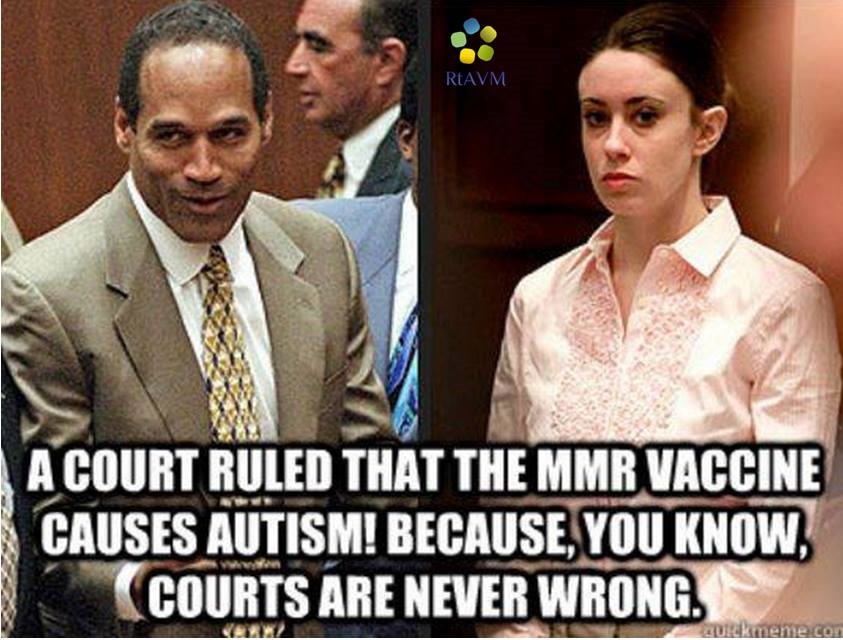
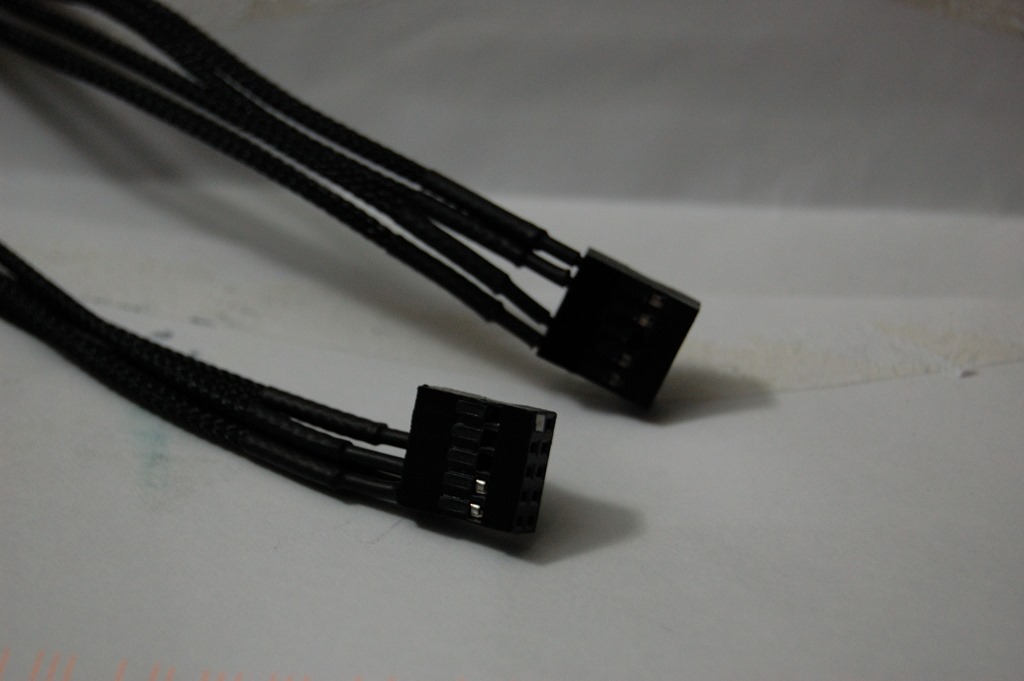
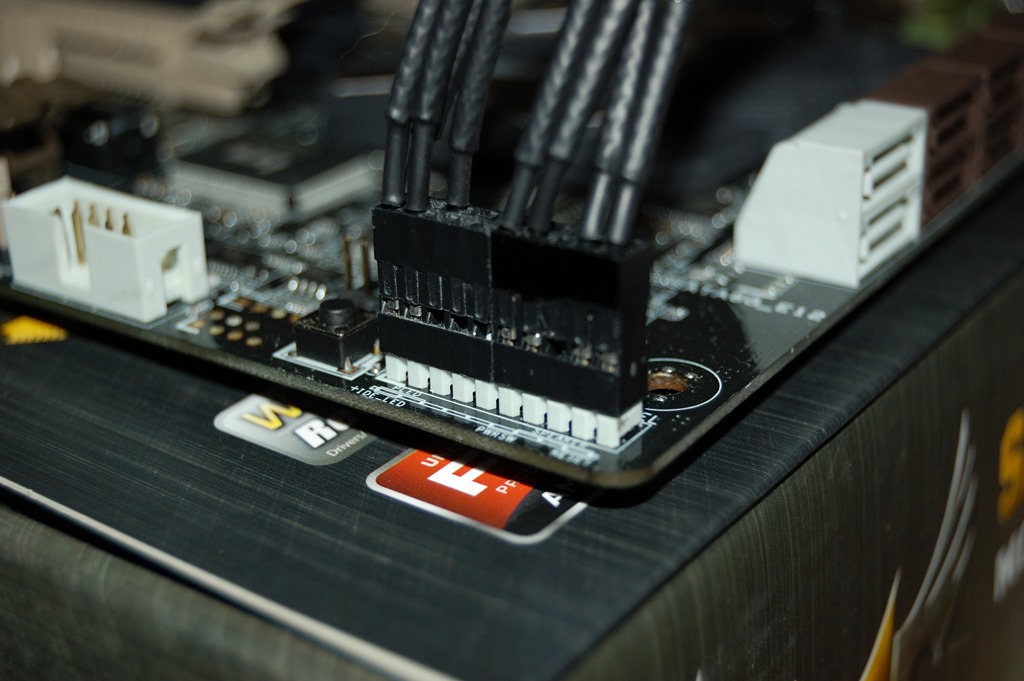
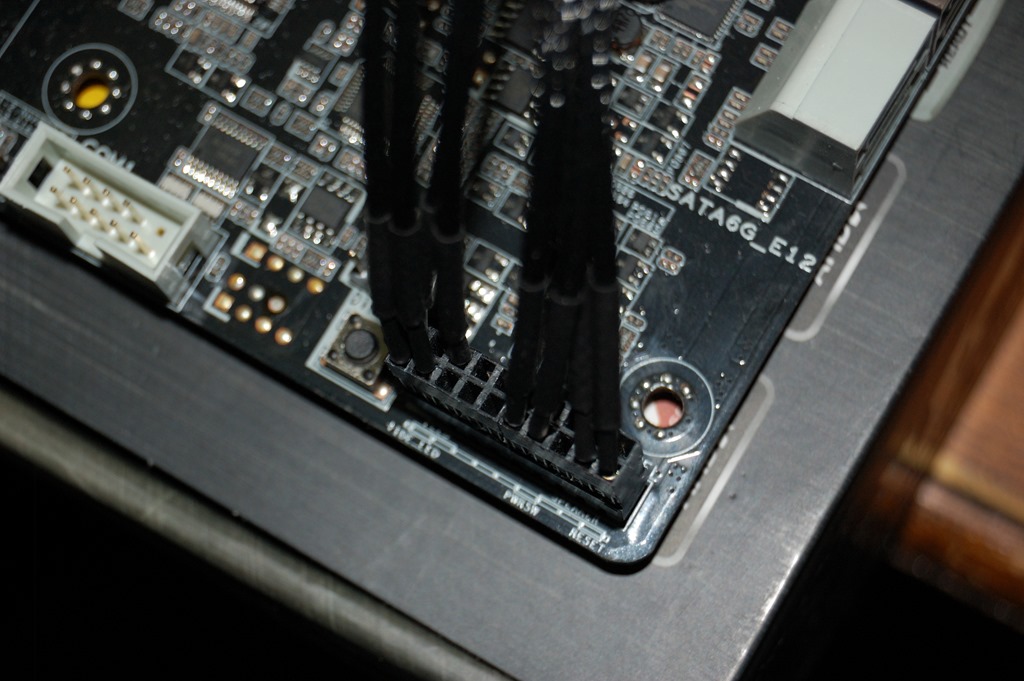
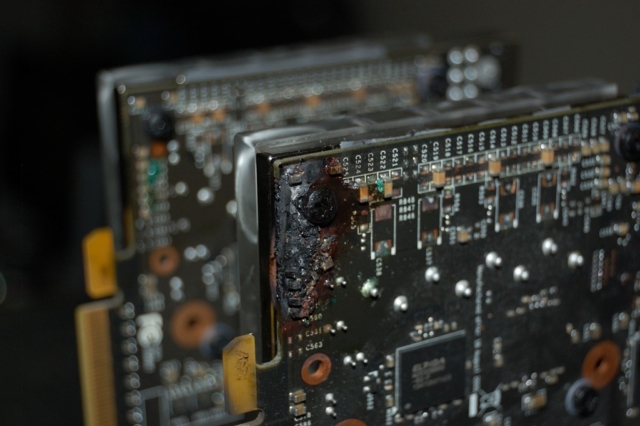
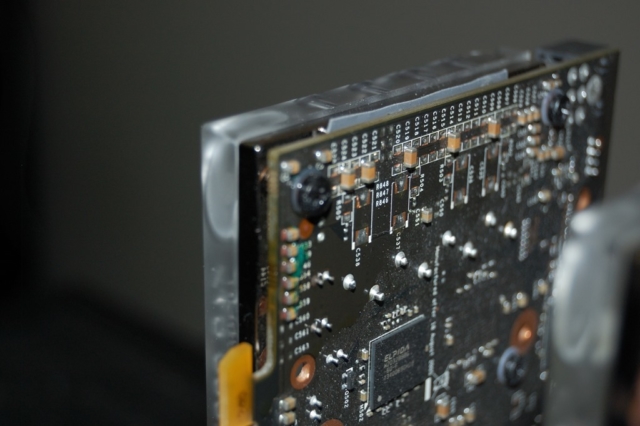

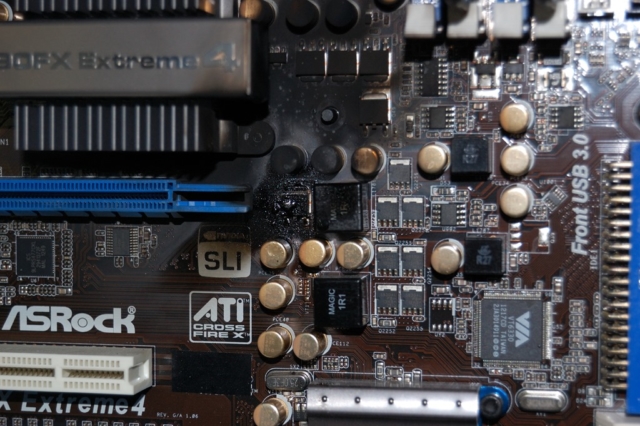
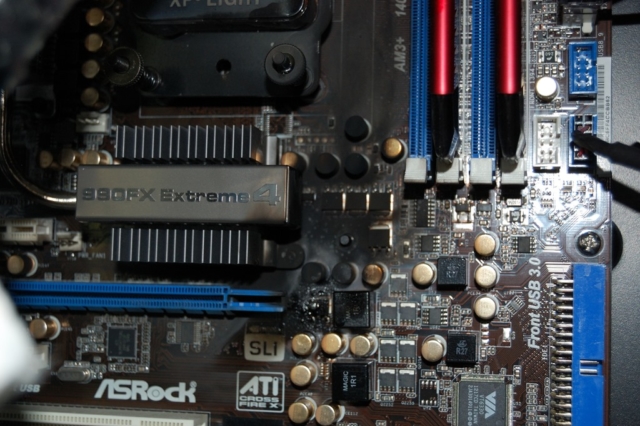


You must be logged in to post a comment.